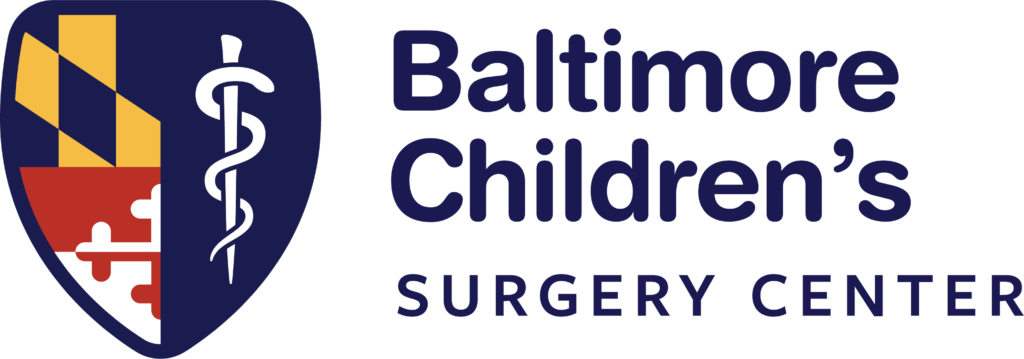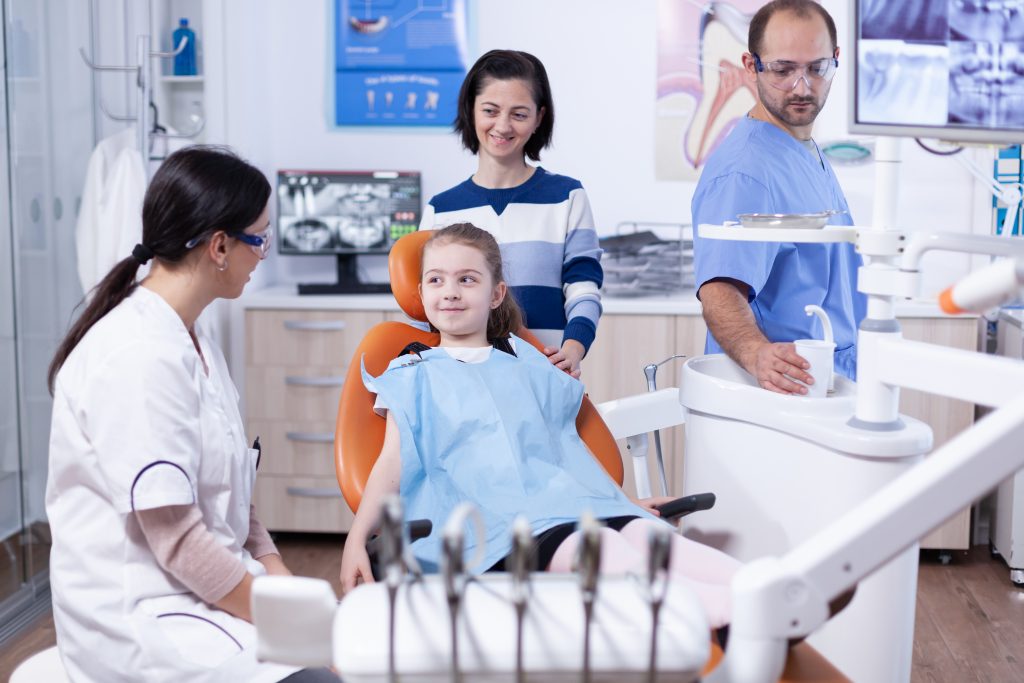When it comes to providing general anesthesia for dental surgeries, many people might be surprised to learn that nurse anesthetists, or CRNAs, can be a safe and effective alternative to anesthesiologists. Here are some reasons why:
- Extensive Training: CRNAs receive extensive training in anesthesia and must pass rigorous certification exams in order to practice. They are highly skilled and knowledgeable in providing general anesthesia for a variety of procedures, including dental surgery.
- Experience: CRNAs have years of experience in providing general anesthesia to patients of all ages, including children. They are well-equipped to handle the unique needs and challenges of pediatric patients, and can provide safe and effective anesthesia for dental surgery.
- Collaboration with Surgeons: CRNAs work closely with dentists and oral surgeons to ensure that the anesthesia plan is safe and appropriate for each individual patient. They are trained to recognize and respond to emergencies, and they can quickly provide life-saving interventions if needed.
- Cost-Effective Option: CRNAs can be a cost-effective option for those seeking general anesthesia for dental surgery. They often charge lower fees than anesthesiologists, making it more affordable for families to receive safe and effective anesthesia care.
- Regulation: CRNAs are regulated by state boards of nursing and must adhere to strict standards of practice and quality. This helps ensure that patients receive safe and high-quality anesthesia care.
In conclusion, CRNAs can be a safe and effective alternative to anesthesiologists when it comes to providing general anesthesia for dental surgery. They are well-trained, experienced, and regulated, and can provide high-quality care at a lower cost. If you’re considering general anesthesia for your child’s dental surgery, be sure to ask about the qualifications and experience of the anesthesia provider and make an informed decision.





